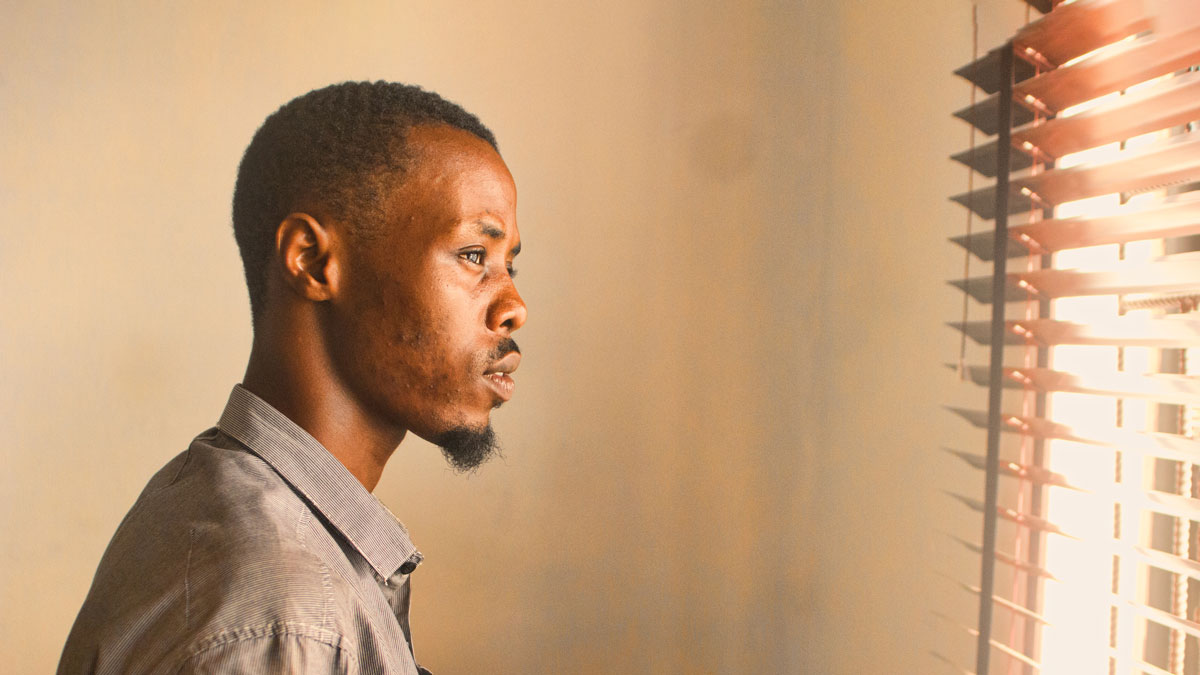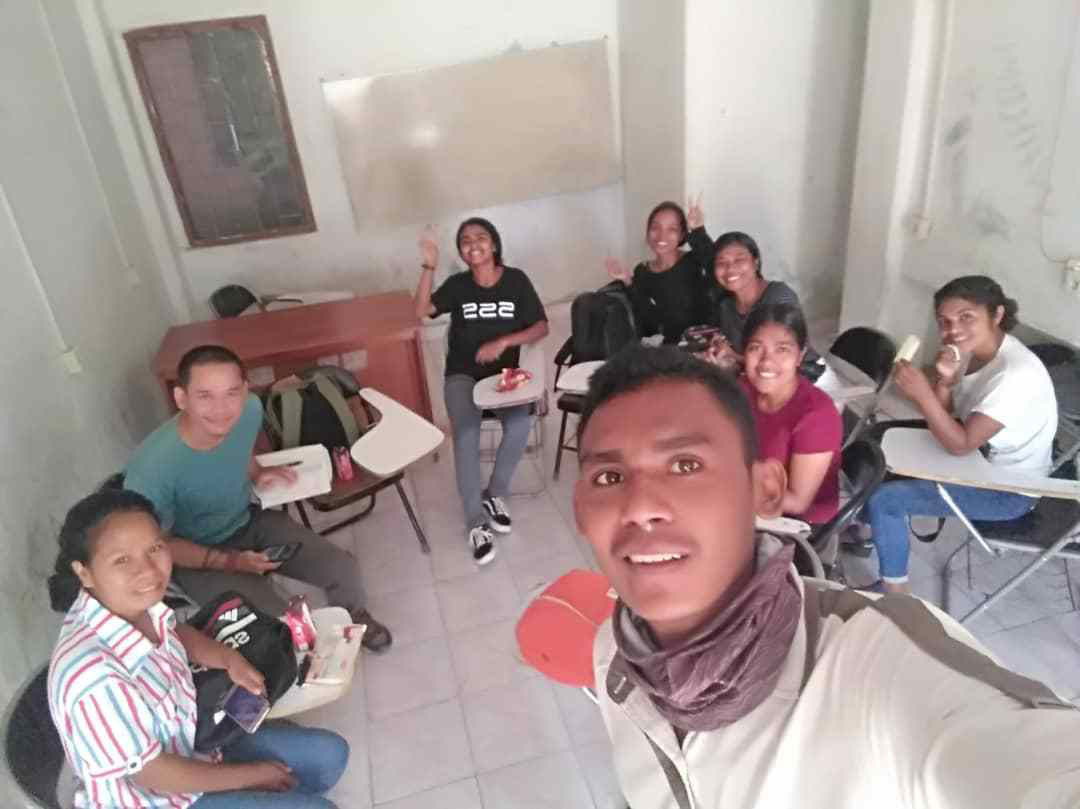Partnerships in East Asia
In the late 1990s, movements in East Asia were growing stronger and becoming more aware of needs beyond their own. The Regional Secretary at the time, Ohtawa San, helped movements become more stable so that they could work together. In those years, partnership between movements in East Asia took off. Singapore began sending teams to pioneer an unnamed movement in the region and joined Malaysia in sending teams to Cambodia. Hong Kong worked to help Macau pioneer, and South Korea even raised the full support to place a missionary family in Mongolia in 1999.
“By the late 2000s and into the early 2010s taking ownership for pioneering was a norm in our region. Our hunger was to see the kingdom of God established in the universities in countries that did not have them,”
says Annette Arulrajah, Regional Secretary, East Asia.
In 2010 Malaysia was asked to walk alongside Timor Leste as they strategized and developed their ministry. They began with regular visits to build contacts and train leadership, financing the entire project. Eventually Malaysia sent two staff workers to permanently live in Timor Leste to provide support. Now they continue to partner through resources, prayer, trainings, pastoral care and finances.
In Timor Leste there are many obstacles to evangelical ministry. But with encouragement from Malaysia, the movement presses on, with many wins along the way. Staff from Timor Leste write of a student, D, who has wrestled with cultural traditions and Christ. As he journeyed through the book of Luke, he has been able to come to grips with faith and decided to initiate a Bible study with his friends.
The movement stays encouraged by stories like these. With the help of Malaysia and the grace of God, they will continue to share hope with students. As staff workers from Timor Leste say,
“We are in this together. In this ministry we can continue to encourage each other through partnership. We remember Paul’s ministry when he said that although we are different parts of the body, we are one in Christ. That’s like us. We are different movements but we’re all IFES.”









